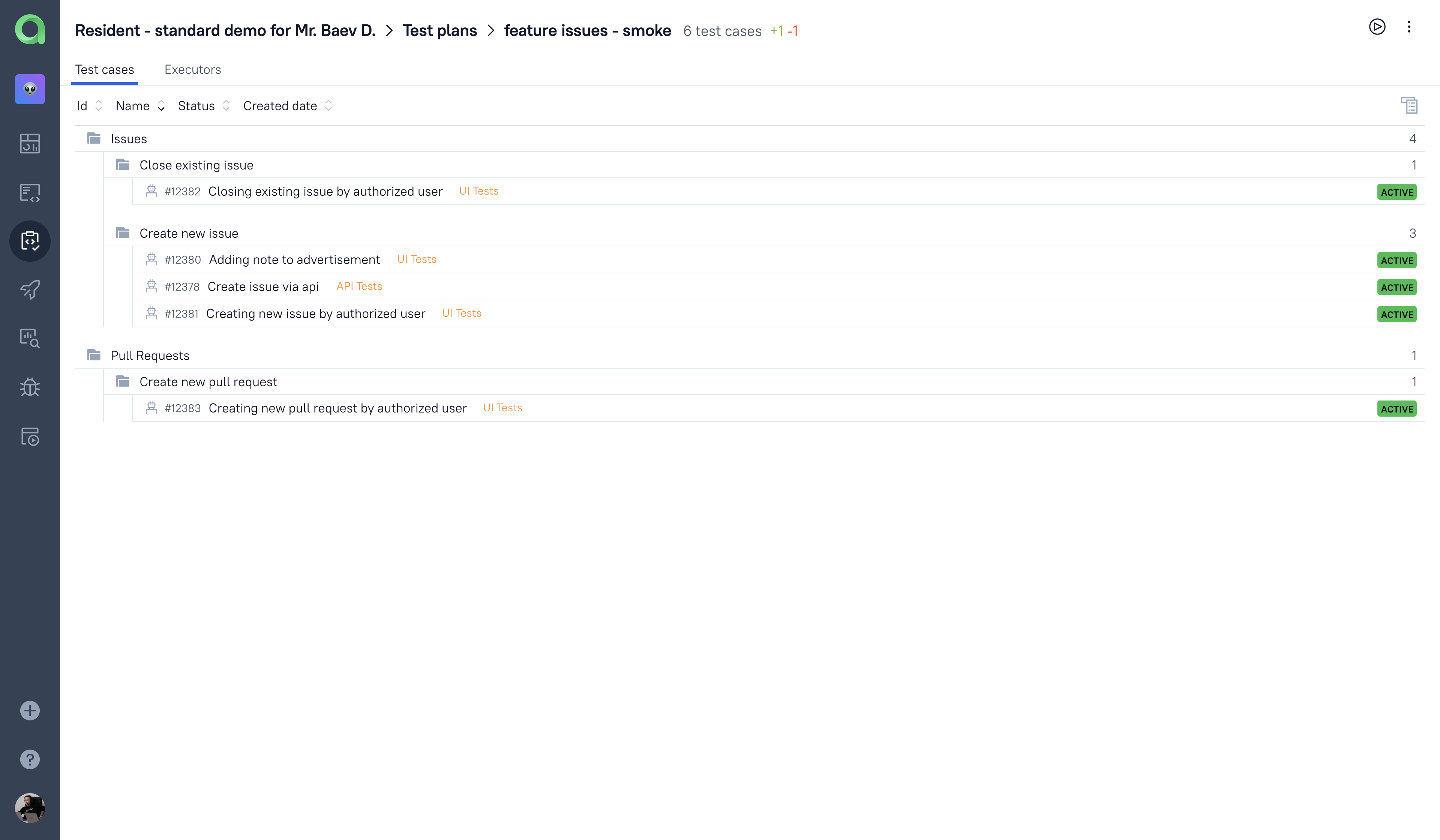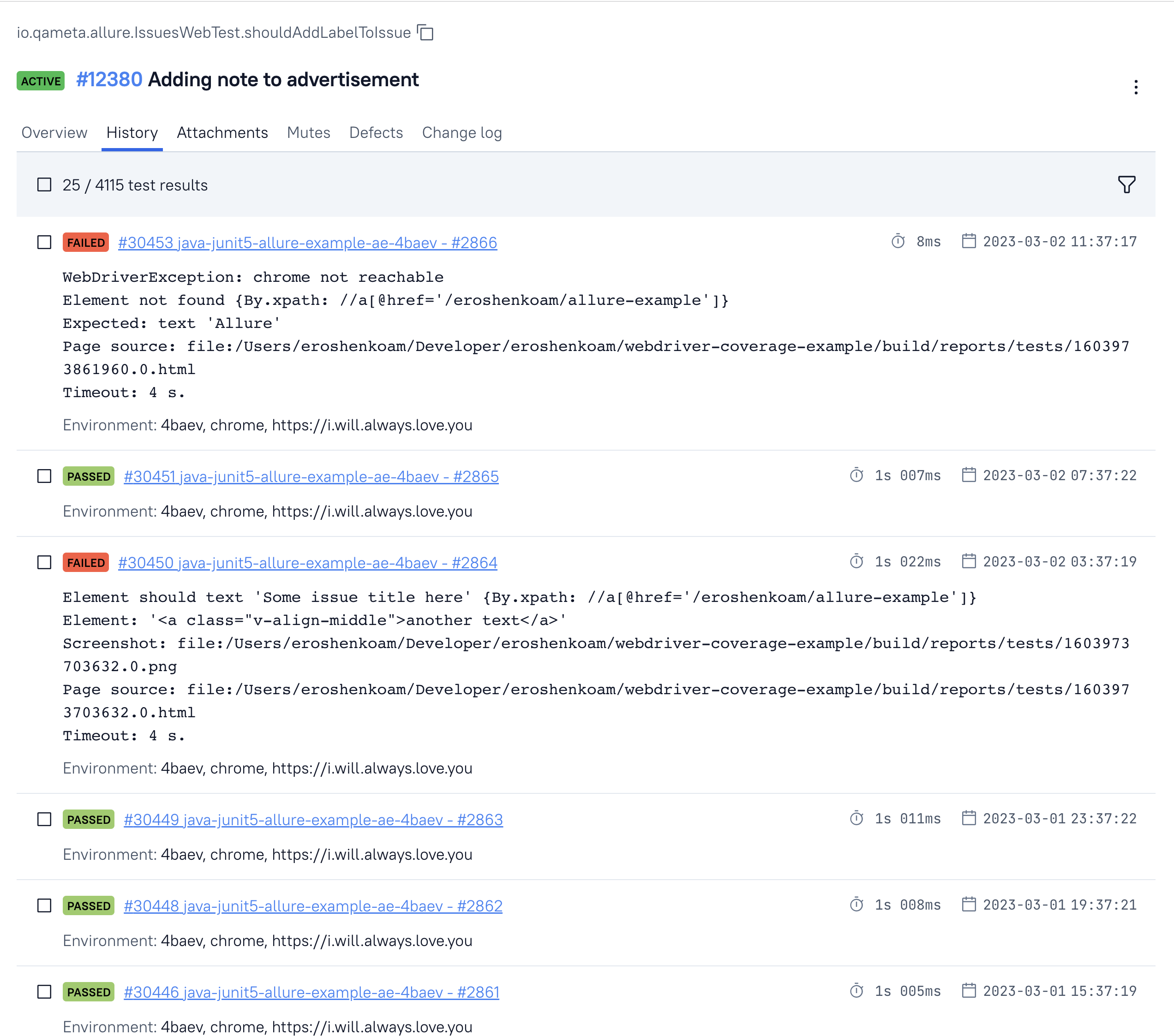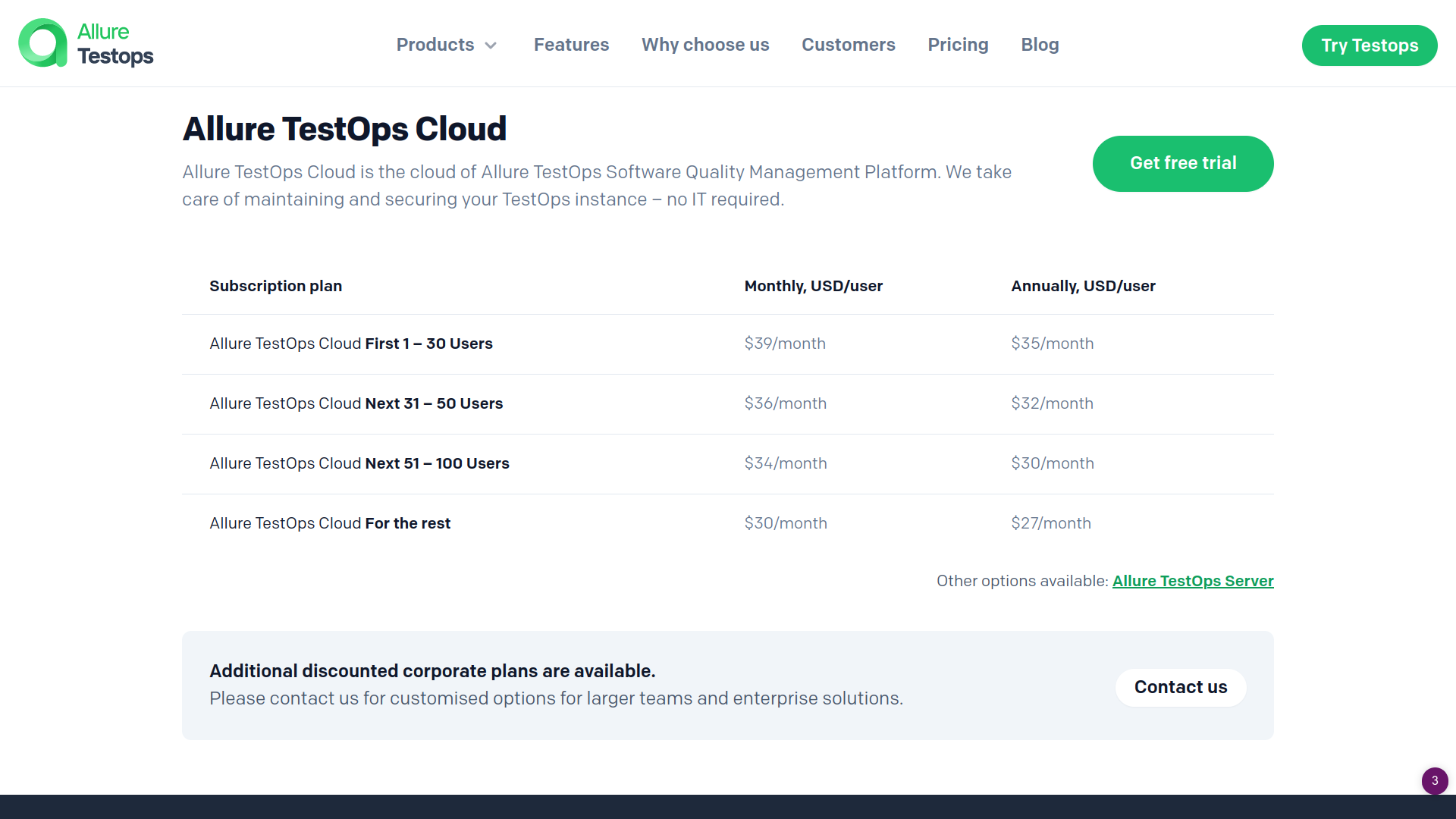Businesses today are moving to a more digitally embedded society, and the influence of software is far more significant these days. The software can impact your business in many ways, they enhance business prospects and play a critical role in business operations.
With smooth and fail-proof software, one can expect their business to grow in a smooth sailing manner. But, if the software fails, it can have a disastrous effect on the company. Thus Software testing and SDETs have become an essential part of every business.
This blog will show who SDETs are and which SDET tools they use to test your software.
What is SDET?
SDET, Software Development Engineer in Test, is a well-known job role in the IT industry nowadays. SDETs are highly skilled professionals in quality engineering and software development.
An SDET is a specialized software development quality assurance team member who adds product and development knowledge. SDETs are generally in charge of automating test cases and creating reusable scripts/tools that assist the team in reducing repetitive testing chores.
They have solid programming and software testing expertise and can work well in both development and testing jobs. They build code to test applications through automation instead of traditional QA positions that test apps manually using documented testing plans and traceability matrices.
They work in software development and testing, But they often work on the QA or quality assurance team. While this role's technology experts can often write code like developers, they frequently produce code that can automate testing, allowing faster testing results throughout development. SDET role is a mix of a developer's and a tester's roles.
Microsoft introduced SDET, which was soon adopted and utilized by large corporations like Google, Amazon, Adobe, Expedia, and others.
What is the role of SDET?
- Work with developers as well as business stakeholders to automate the acceptance criteria. This means that an SDET first analyzes the needs from an acceptance/customer standpoint, as well as the way the product is built in terms of coding language, databases, and so on, and then designs a strategy to automate as many situations as possible.
- You are responsible for building robust, high-quality test automation for functional, regression, and performance testing.
- Create reusable scripts/tools as needed.
- Contribute to both functional and non-functional testing domains. Functional testing encompasses testing from the standpoint of functionality/requirements and is primarily driven by acceptance criteria or user stories.
- Non-functional testing, on the other hand, is equally vital, for example, how performant the application is, how safe the application is, and verifying that there are no hacks left in the app that might compromise the app's security and cause a significant loss to both users and the organization.
- They also contribute to design and architectural design conversations and provide valuable suggestions during code reviews.
Why is SDET Important?
- Software testing ensures product quality and customer/user satisfaction.
- It promises better business optimization, dependability, and a better user experience.
- Testing is critical to the software development process.
- The testing phase follows the software development life cycle for verification and validation.
- Delivering a suitable product is a constant process of verification and validation.
- Each test phase determines the system/application's performance and efficiency.
- Testing aids in determining whether the software program adheres to all technical and business standards.
- The final quality assurance report emphasizes the significance of software testing.
- Successful testing can lead to final products that outperform expectations.
- Testers can identify faults at each stage and prevent them from occurring in the future.
- Investigating each error creates an improved version of the software.
Technical skills of an SDET
To be an SDET, you must have the following abilities: programming, design, testing technique, knowledge of automation, and agile + DevOps exposure. These are the qualities that organizations look for when hiring SDETs. The specifics are determined by the sort of work that must be completed.
- Having Knowledge of C#,.NET, JAVA, or other programming languages are essential.
- Have knowledge of or experience with the AGILE + DevOps process management methodology.
- Must be familiar with various test methodologies and SDET tools such as MS Unit, TestNG, Selenium WebDriver, NUnit, and others.
- Exposure to BDD (Behavior Driven Development): In software engineering, behavior-driven development is an Agile software development process that emphasizes cooperation among - developers, QA, and non-technical or business partners in a software project.
- You should be able to identify bottlenecks and thresholds and use automation technologies to find acceptable solutions.
- OOD - Object-Oriented Design (OOD - Object-oriented design is planning a system of interacting objects to solve a software problem. It is one software design method.
SDET Tools
Software testing or SDET tools are essential to improve the application or software. You can increase your software performance, create a high-quality product, and reduce the time spent on manual testing with the help of testing tools. The SDET tools are classified as follows:
1. Test management tool
Test management tools track all testing activity, analyze quick data, manage human and automation test cases across several environments, and plan and sustain manual testing.
2. Bug Tracking Tool
The defect tracking tool keeps track of issue fixes and ensures excellent product delivery. This program can assist us in locating faults during the testing stage to have defect-free data in the production server. End users can report defects and issues directly on their applications with the help of these technologies.
3. Automation Testing Tool
This tool is used to enhance the products' productivity and improve accuracy. You can also reduce the time and cost of the application by writing some tests in any programming language.
4. Performance Testing Tool
The performance or load-testing tools are utilized to check a particular app's load, stability, and scalability. When the 'n' number of users are using the application at a time, and the application gets crashed because of this high load, a performance testing tool is used to check this issue.
5. Cross-Browser Testing Tool
This kind of tool is used when you need to make a comparison between a web application and multiple web browser platforms. With these tools, you can ensure the application's consistent behavior on several devices, browsers, and media.
6. Integration Testing Tool This tool tests the interface between modules, identifies essential issues caused by different modules, and guarantees that all modules function as expected by the client.
7. Unit Testing Tool
This testing tool is used to assist programmers in improving the quality of their code, and with the use of these tools, they may minimize code time and the overall cost of the software.
8. Android/iOS Testing Tool
This type of tool can be used to test any mobile application. Some of the tools are open source, while others are licensed. Each device has its own set of capabilities and features.
9. GUI Testing Tool
A GUI testing tool tests the application's user interface since a decent GUI (graphical user interface) is always essential in capturing the user's attention. These tools will assist in identifying and correcting flaws in the application's design.
10. Security Testing Tool
The security testing tool is used to assure software security and detect security leaks. If a security flaw exists, it can be addressed early in the product's development.
This type of tool is required when the software has encoded the security code, making it inaccessible to unauthorized users.
Multiple software available in the market has these features and can make your software testing easier. One such Software is Alure TestOps. It offers many features that can make your software testing easier.
Allure TestOps
Allure TestOps Software is an open-source first software developer focusing mainly on testing tools.
Allure TestOps is a testing platform that allows you to handle all aspects of testing in one location. It supports the whole testing life cycle for manual and automated tests and can be readily customized to help you produce exceptional products.
It is a DevOps-ready testing platform designed to accelerate software development through testing process optimization. Allure TestOps is based on the Allure Report platform, a full-stack testing platform.
Software development teams have to use several tools and numerous processes. This is why Allure TestOps is built in a way that seamlessly integrates with anything in your toolbox to keep your testing transparent, scalable, and automated.
Allure TestOps offers various services, including automated testing, manual testing, and testing consulting. In addition to its core testing services, Allure TestOps provides integration services to help organizations integrate their testing processes with other software development tools.
The company also offers training courses and certification programs for individuals and teams looking to improve their testing skills. Allure TestOps is committed to helping organizations improve the quality of their software products through better testing processes and tools.
Features
Allure TestOps offers several features to its users that will help them in their software testing processes. Some of the key features are listed below.
- Automated Testing:
Allure TestOps provides mechanical testing services using popular tools such as Selenium and Appium. This helps organizations to quickly and efficiently test their software products to identify any issues or bugs.
- Manual Testing:
In addition to automated testing, Allure TestOps provides manual testing services. This involves experienced testers manually testing software products to ensure they meet quality standards.
- Allure Reporting Framework:

Allure TestOps's Allure reporting framework helps developers and testers track test results and generate reports. This allows organizations to identify any issues and take corrective action quickly.

- Integration Services:
Allure TestOps provides integration services to help organizations integrate their testing processes with other software development tools. This helps to streamline the testing process and improve overall efficiency.
- Training and Certification:
Allure TestOps offers training courses and certification programs for individuals and teams looking to improve their testing skills. This helps ensure that organizations have the in-house expertise to manage their testing processes effectively.
Pricing

The pricing of this software ranges from $30 to $39 monthly. The software offers two plans to its customers. The first one is called a server, which is hosted in-house, and costs $30. You can pay quarterly or annually for this plan. The second plan is called cloud, hosted in Allure TestOps's infrastructure. This plan costs $39, and you can receive monthly or annual billing.
Conclusion
To conclude, Allure-TestOps is a great SDET tool that can help SDETs in their efforts to create and maintain high-quality software. In software development, testing is necessary to ensure the quality and functionality of software products.
With various features, including automated testing, manual testing, Allure reporting framework, integration services, and training and certification programs, Allure TestOps provides a comprehensive testing solution for software development teams.
Allure TestOps's testing solutions help SDETs to quickly and efficiently identify any issues or bugs in their software products, enabling them to take corrective action promptly. If you're an SDET looking for a reliable testing tool, Allure TestOps is an excellent choice.
With its comprehensive range of features, customizable pricing options, and commitment to customer satisfaction, Allure TestOps is a tool you can trust to help you achieve your software quality goals.
So, to take your software testing process to the next level, try Allure TestOps today.



